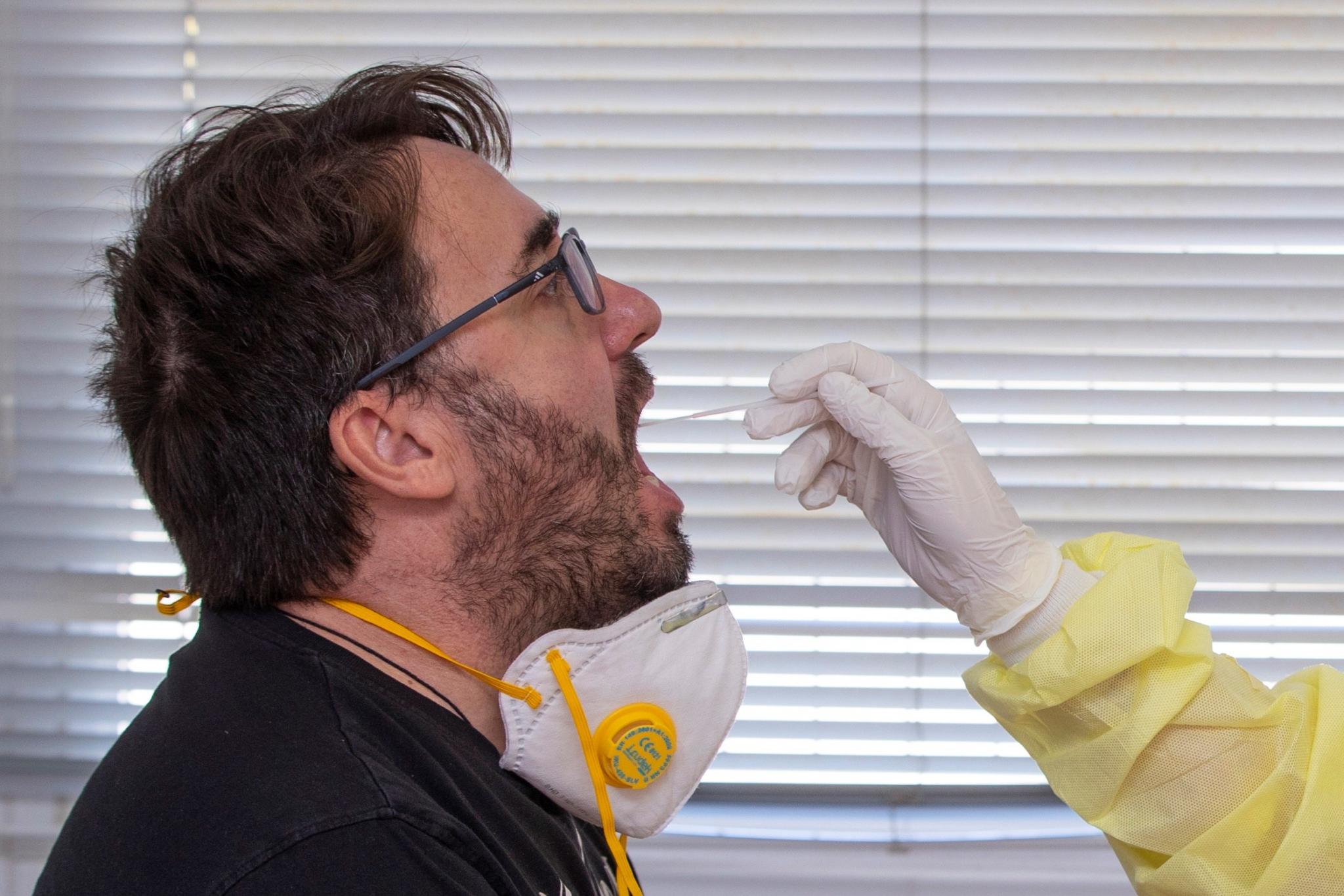In June 1633, the Inquisition delivered its sentence on Galileo Galilei. The Italian astronomer and physicist was guilty of heresy for having advocated the theory of heliocentrism, i.e. that Earth and other planets revolve around the Sun. The heresy was due to heliocentrism conflicting with the scriptures and the geocentric proposition - that the Sun, the Moon, stars and planets orbit Earth.
The Blog
Covid and the Age of Disenlightenment
Also in News
- Spain wants Britons to show they have 113.40 euros, £97, per day for their holidays
- Major security alert at Mallorca airport, surprise landing of flights from Morocco and Namibia
- Big changes on the horizon when Britons travel to Mallorca
- Over two hours for Britons to get through Palma airport queues
- Living in a motorhome in Palma: "It'll only get worse"


1 comment
To be able to write a comment, you have to be registered and logged in
I would most probably agree with you if I understood what you were saying.